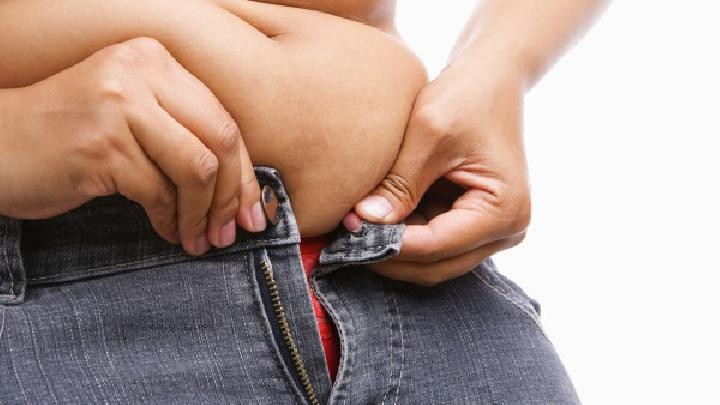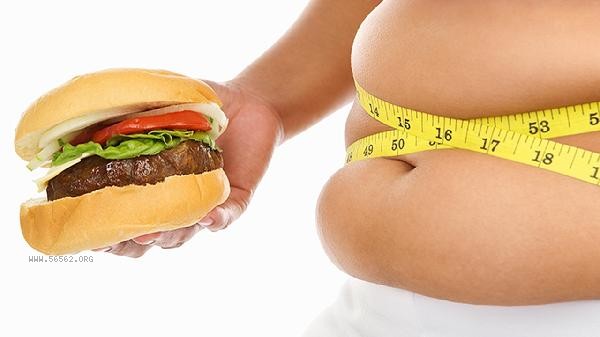Many obese people believe that traditional weight loss methods are difficult to achieve the goal of losing weight quickly, and some even do not want to lose weight through exercise. They think of weight loss drugs and liposuction surgery to achieve rapid weight loss, because some people are really too fat to exercise. What should they do when facing such a situation? Is liposuction reliable for weight loss? What should be paid attention to when using liposuction for weight loss? I Correct understanding of liposuction for weight loss
I Correct understanding of liposuction for weight loss
1. Liposuction does not equal weight loss
Liposuction is the abbreviation for liposuction, which uses a small skin incision and a certain negative pressure to extract excess or unsightly subcutaneous fat through surgery, in order to achieve the purpose of shaping. People who want to have liposuction should have a mindset that liposuction surgery is primarily aimed at improving body curves and can only eliminate fat in certain parts of the body. For the sake of physical health and surgical safety, it is not suitable for weight loss purposes.
2. Weight will increase immediately after liposuction
Traditional liposuction surgery uses high negative pressure liposuction to suck subcutaneous fat into the liposuction tube, and then use the tube to move back and forth to scrape off the fat before extracting it. In addition to damaging fat cells, it is also easy to damage other subcutaneous tissues, making it more prone to bleeding and bruising during surgery.
Due to the need to inject a large amount of swelling anesthesia fluid subcutaneously during liposuction, some of this fluid will be absorbed into the bloodstream by the human body, increasing the burden on the heart and kidneys. Therefore, it is not recommended to use a large dose or multiple parts of liposuction at once to avoid unnecessary risks.
In addition, before undergoing liposuction surgery, it is important to pay attention to dieting. After local liposuction, one should not overeat or drink excessively, otherwise the weight will actually increase. After the surgery, patients often gain 2 to 3 pounds of weight. As liposuction is a surgical procedure, there are certain risks involved. Over the years, there have been several cases of death due to liposuction surgery in China.
3. Patients with hypertension are not suitable for liposuction for weight loss
Some people are not suitable for liposuction
Although liposuction can reduce local subcutaneous fat, not all areas can be liposuction or the effect is very good. The liposuction effect is better in the lower abdomen, waist, outer thighs, and back. However, the anterior lateral side of the calf and forearm are mainly composed of muscles with low subcutaneous fat content. Even if fat aspiration is performed, the effect is not very ideal and it can easily lead to nerve and vascular damage.
When liposuction is performed on certain parts of the human body, caution must be exercised, such as the face and calves. Liposuction is mainly suitable for those who are locally obese, and is not suitable for minors and the elderly. Secondary obesity that occurs as a result of other diseases requires treatment for the primary disease and is not within the scope of liposuction treatment. People with severe obesity, hypertension, coronary heart disease, renal dysfunction, hyperlipidemia, hyperglycemia, pulmonary dysfunction, and coagulation dysfunction are considered contraindications for surgery.
II Side effects of liposuction for weight loss
1. Through liposuction, the skin can become loose, which is caused by a significant reduction in body fat, resulting in a strong relaxation of skin elasticity.
2. Liposuction can cause numbness, itching, and hardening of the skin. Because liposuction for weight loss often requires anesthesia, it can result in short-term residual anesthesia. This recovery period may be longer, possibly up to a year and a half.
3. When the skin appears sunken, uneven liposuction is common during liposuction, which can lead to a decrease and uneven distribution of subcutaneous fat.
4. Improper operation during liposuction can lead to trauma or even bleeding, which is a side effect and injury of the surgery on the human body. After all, liposuction is a surgical procedure, and its harm to the human body still exists to some extent. In fact, our body's fat layer is multi-layered, so if we cannot exercise well, we will experience rebound.






Comments (0)
Leave a Comment
No comments yet
Be the first to share your thoughts!